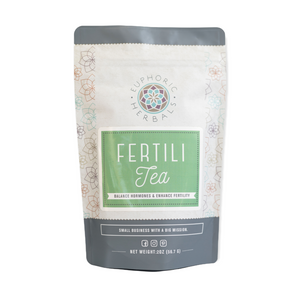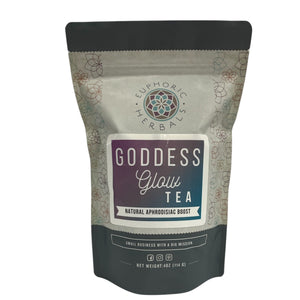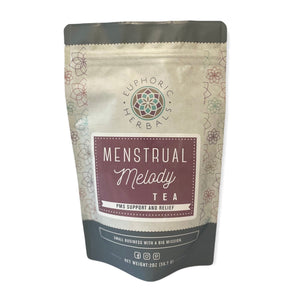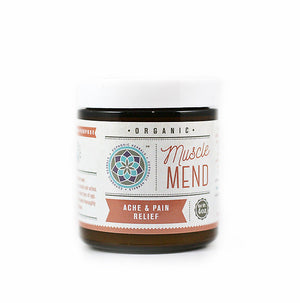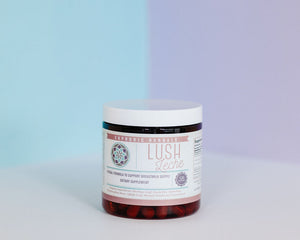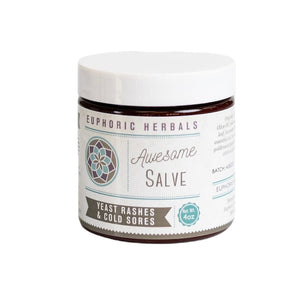You've probably already experienced the benefits of vitamin E for your skin without even knowing it. Vitamin E is a nutrient found in many different plant-based foods. The oil is also widely used in skincare products and cosmetics.
Sometimes called "the skin vitamin," vitamin E is essential for the health of your skin, and applying it topically can give your skin a boost in many ways. Here's more about the specific benefits of vitamin E for skin and ways to use it.
What Is Vitamin E?
Vitamin E is a fat-soluble vitamin. It's found naturally in specific plant oils and green leaves of vegetables. Vitamin E is both an essential nutrient and an antioxidant with anti-inflammatory properties. The richest food sources for this vitamin are nuts, wheat germ, whole grains, sunflower oil, olive oil, and spinach. (1)(2)
Besides getting it in your diet, vitamin E oil is also a popular choice for skincare products. It's a very thick and rich oil, so it's usually combined with lighter oils or mixed into creams.
Vitamin E oil was once mainly extracted from wheat germ oil, but now typically comes from vegetable oils like soybean. It can also be made synthetically.
You've likely come across vitamin E already but may not have recognized it on the label. There are eight main forms of natural vitamin E with alpha-tocopherol being the primary form found in our bodies. If you see the word "tocopherol" or "tocotrienol" on a label with one of these prefixes: α-, β-, γ-, or δ-, that's a form of vitamin E.
You can also easily tell whether it's natural or synthetic. The natural version usually has a "d" prefix (for example, d-alpha-tocopherol) and the synthetic has a "dl" prefix. (3)
Benefits of Vitamin E for Skin
Moisturizing

Because it's very rich and thick, vitamin E oil has special benefits for dry or chapped skin.
Vitamin E is normally delivered to your skin's surface through sebum. Those with oily skin types naturally have higher skin levels of vitamin E. (4) For those with dry skin (whether from genetics, aging, changing hormones, etc.), applying the oil topically will hydrate skin deeply.
Even better, the structure of vitamin E allows it to penetrate all layers of skin. (3) This means it will actually be moisturizing your skin, not just sitting on top.
If you consistently deal with dry or sensitive skin, try using something like this Calm Cream containing vitamin E.
Softens Skin
Another reason many people come to love vitamin E oil is because it can naturally soften skin. It encourages cell regeneration, which can help rough or dry skin become softer and smoother.
You can use it on rough areas of skin, smooth a little over chapped lips, or add a few drops to your body lotion.
Calms Irritation

Vitamin E has antioxidant and anti-inflammatory properties, which means it benefits irritated or inflamed skin. You can use vitamin E oil for general skin irritation, and it may also help with more severe issues like eczema, dermatitis, and psoriasis.
There hasn't been much research conducted on this, but one study did show a reduction in psoriasis symptoms with topical use of vitamin E. (2) Vitamin E has also been shown to improve eczema when taken as a supplement. This indicates that topical use may be effective as well. (5)
For minor skin irritations, abrasions, bug bites, etc. try this Super Salve made with vitamin E, herbs, and other natural ingredients.
Anti-Aging Potential
Antioxidants play a huge role as anti-aging agents. Specifically, they help prevent photoaging in your skin. (6)
Photoaging is caused by damage from ultraviolet radiation, usually from spending too much time in the sun without protection. It leads to a breakdown of collagen and speeds the formation of wrinkles. (7)
As an antioxidant, vitamin E helps protect your skin from this type of damage that causes premature skin aging. However, levels of alpha-tocopherol in your skin drop as you age and are lower in skin that is already photodamaged. (8) Using topical vitamin E will help to replenish levels and fight signs of aging.
UV Protection
Vitamin E can also help protect your skin against sun damage, preventing premature skin aging from UV rays. It won't take the place of sunscreen but can be very protective for your skin.
Vitamin E has been shown to offer even more photoprotection when combined with another powerful antioxidant: vitamin C. A combination of the two used topically may be able to help prevent skin cancer as well as photoaging. (8)
Hair & Nail Health
The benefits of vitamin E for your skin extend to hair and nails as well. If you often deal with a dry scalp or brittle hair, adding a little vitamin E oil to your hair routine can help.
Likewise, vitamin E oil can be helpful for brittle nails and preventing cracked cuticles. Just massage a drop or two of the oil into your cuticles and any other dry skin around your nails.
Buying Quality Vitamin E for Skin

If you want to get the most benefits out of vitamin E for your skin, make sure you buy a quality oil. The first thing to look for is naturally-derived vitamin E.
Another thing to look for is what plant it comes from. Is it extracted from soybeans, other vegetables, wheat germ? If it does come from soybeans or wheat germ, keep in mind that both of these can be GMO. You may want to opt for a brand that is certified non-GMO.
You can also get vitamin E benefits by using products that already contain it. Even a relatively small amount will be beneficial for your skin.
Using Vitamin E Oil
If you're using vitamin E oil on its own, a little goes a long way. For most purposes, you'll probably want to blend it with other oils or mix it into a lotion. However, you can use it as is for things like dry nails, chapped lips, and rough patches.
For dry skin and signs of aging, many people like to use it as a face serum at night. The oil can be heavy and make your face shiny, so having it on overnight is the best option.
Precautions
There are few precautions for using vitamin E topically. The most likely side effect is an allergic reaction that triggers a rash or skin irritation. This is not common, but you can do a small patch test with vitamin E oil to make sure you don't react.
If you have oily or acne-prone skin, vitamin E oil is likely not the best choice for you. You should especially avoid applying it to your face, but it can still be beneficial as part of a lotion or applied to other areas of skin.
Treating Your Skin Well
Using something like vitamin E is a natural way to keep your skin hydrated, smooth, and protected. It's a powerful antioxidant that combines well with vitamin C for skin health.
If you want more natural skincare options, check out the 10 Best Natural Oils for Skin or learn about the Top Essential Oils for Skincare.






















































